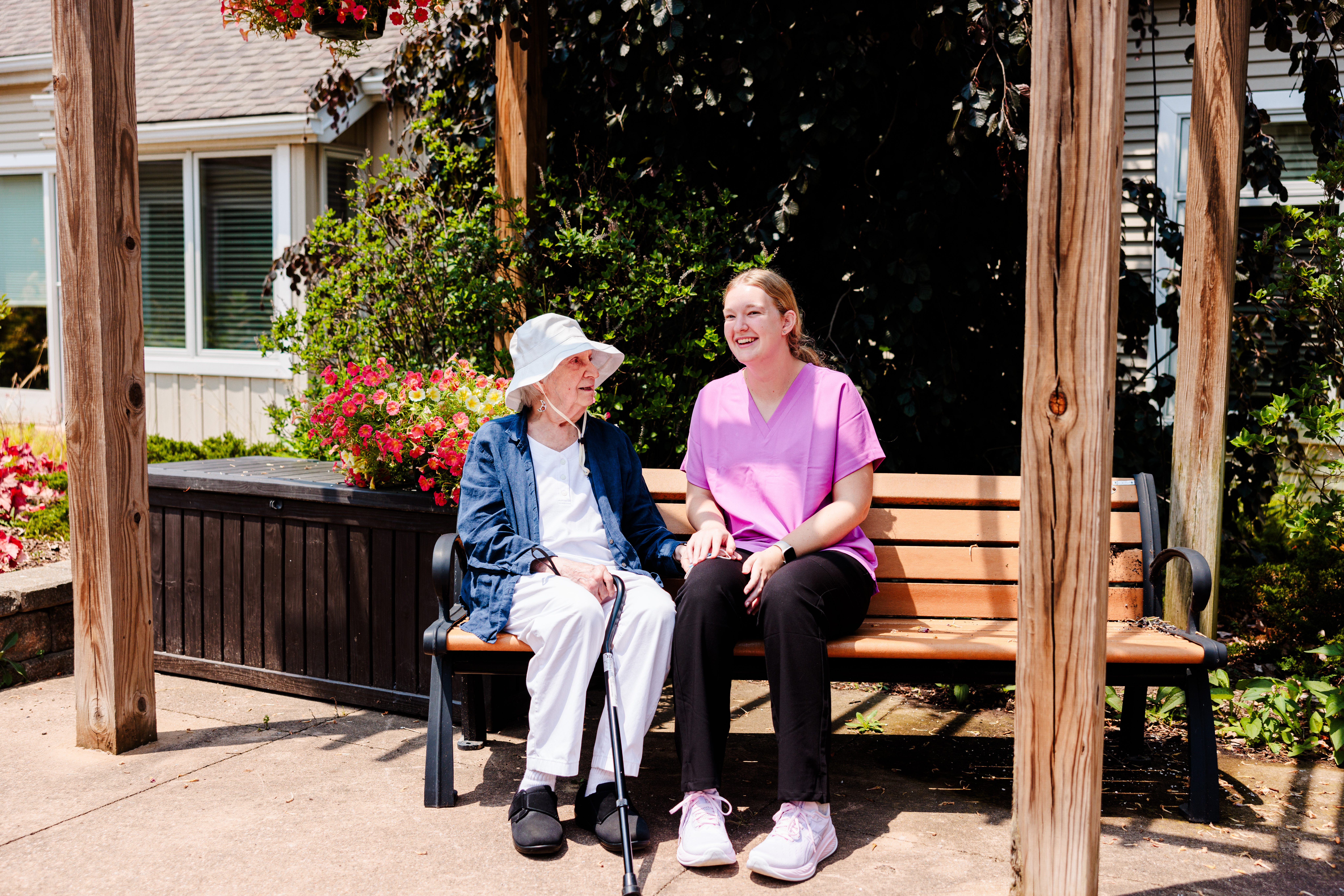Best Doctors: Four Brain-Friendly Activities To Keep You Sharp
by James Bigley II | Jul. 30, 2019 | 12:00 PM

Melinda Beck
The Right Word: On the surface, the success of word-based games such as crosswords and word searches appear to hinge on one’s ability to utilize their memory. But Pillai says there may be more to it. “It involves a lot more language and/or recognizing patterns and things like that, that involves other areas of the brain as well,” he says, noting areas of the brain that involve visual recognition and speech are often affected by diseases that cause dementia. “It may be targeting language areas and visual spatial areas of the brain.”
Adding Investment: It takes a special kind of person to find the fun in mathematics. Sudoku and 2048 test your ability to recognize patterns and think several steps ahead. Although there haven’t been studies to determine if these specific games impact the onset of dementia, Pillai stresses your level of engagement is what matters. “If there’s a clear engagement with what’s going on, you really care about it, and you’re trying to get better at something, those kinds of cognitive engagements have been shown generally to be very helpful and healthy,” he says.
Trading Cards: Rummy, Go Fish, Uno — you name it; card games put the fun in brain function. While some require certain levels of pattern recognition, strategy and quick reflexes, the thing that also matters here is socializing. “Feelings of loneliness and disengagement have been shown to be highly associated with the diagnosis of dementia,” says Pillai. “Maybe being more engaged socially will ward off depression, which has been known to speed up your onset of dementia.”
Dance Hall Days: Any games that require movement — think Four Square, Twister, Just Dance or even virtual reality games that demand good hand-eye coordination — are a good marker for a healthy cognitive life. “Dancing is kind of the intersection of all these things that have been shown individually to help people compensate with changes [in the brain],” says Pillai. “Physical exercise, in general, improves your ability to keep track of what is happening in your life, moment to moment, much more efficiently and better.”
Click here to read about how the Cleveland Clinic is helping people heal through art.
Click here to read the more articles from Best Doctors: Special Brain Health Report cover package.
Trending
-
1
-
2
-
3
-
4
-
5










